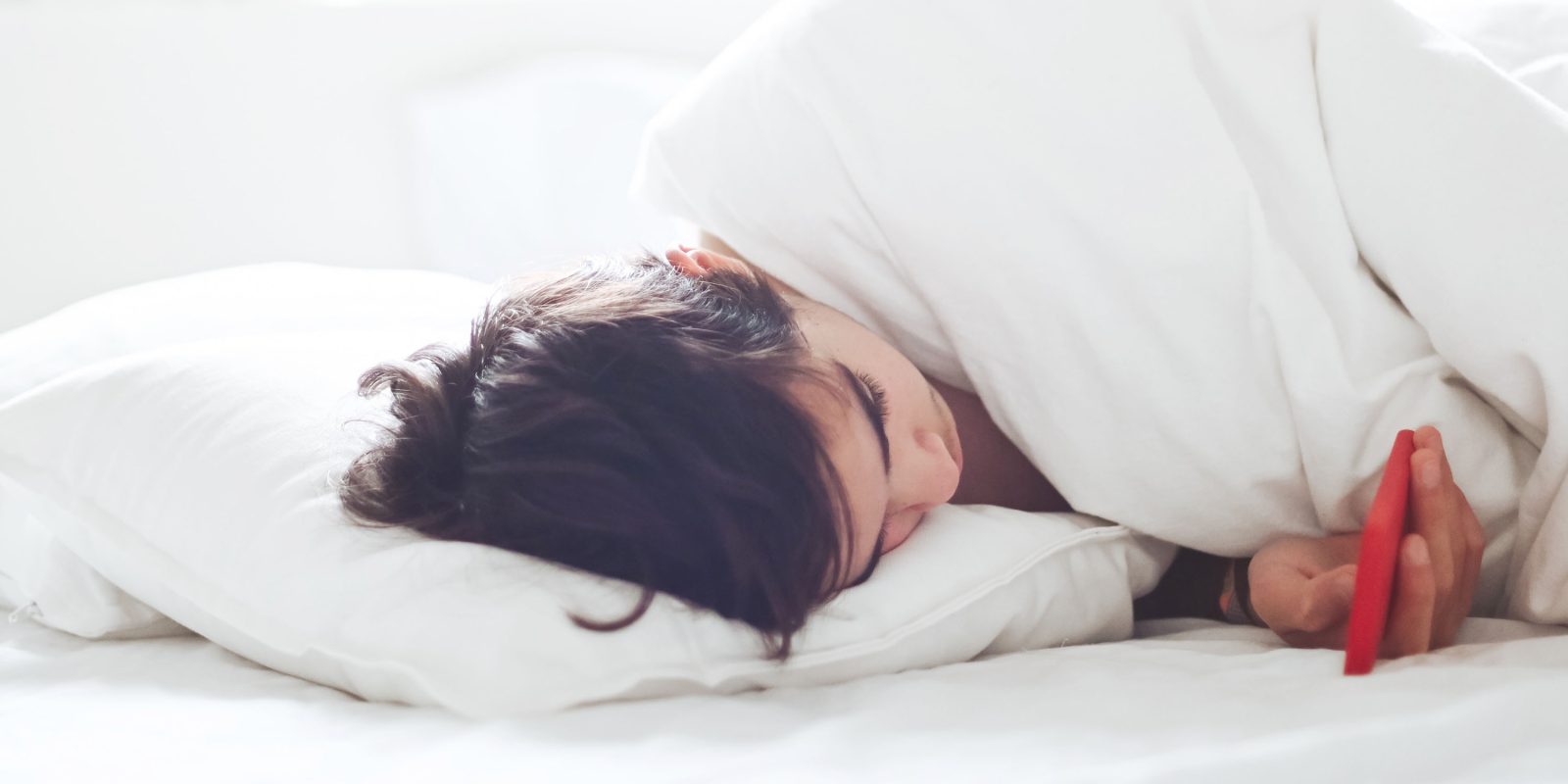
A British university study in 2019 indicated that Night Shift doesn’t work when it comes to helping you sleep, and that has been confirmed by a new study carried out in the US.
Apple says the Night Shift feature “may” aid sleep by gradually reducing the amount of blue light in the display and increasing the amount of yellow light…
This is intended to mimic the natural shift in color temperature seen in daylight as the sun gets lower in the sky. However, two academic studies seem to show that the theory is not born out in real-life experiments.
The 2019 research carried out by The University of Manchester suggested that not only does Night Shift not help sleep patterns, it may actually make them worse.
The study says that brightness levels are more important than colors when it comes to your body clock. But, when the light is equally dim, “blue is more relaxing than yellow.” The study was conducted on mice by Dr. Tim Brown, who says there is good reason to believe it also applies to humans.
The study used specifically designed lighting that allowed researchers to adjust color without changing brightness. The research showed blue colors produced weaker effects on the mouse body clock than equally bright yellow colors.
The study was carried out on mice, while the US study was carried out on people. Brigham Young University (BYU) reports the results.
To test the theory, BYU psychology professor Chad Jensen and researchers from the Cincinnati Children’s Hospital Medical Center compared the sleep outcomes of individuals in three categories: those who used their phone at night with the Night Shift function turned on, those who used their phone at night without Night Shift, and those who did not use a smartphone before bed at all.
“In the whole sample, there were no differences across the three groups,” Jensen said. “Night Shift is not superior to using your phone without Night Shift or even using no phone at all.”
The study included 167 emerging adults ages 18 to 24 who use cell phones daily. They were asked to spend at least eight hours in bed and wore an accelerometer on their wrist to record their sleep activity. Individuals who were assigned to use their smartphone also had an app installed to monitor their phone use.
The measured sleep outcomes included total sleep duration, sleep quality, wake after sleep onset and the time it took to fall asleep.
However, BYU did find that if you get a bit less sleep than recommended, completely refraining from using your phone before bed does help.
Photo: Gaelle Marcel/Unsplash
FTC: We use income earning auto affiliate links. More.



Comments